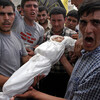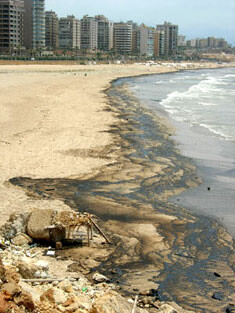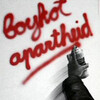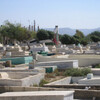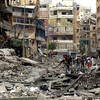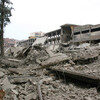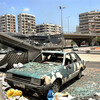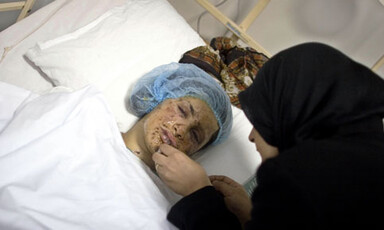
The lies Israel tells itself (and we tell on its behalf)
28 July 2006
When journalists use the word “apparently”, or another favourite, “reportedly”, they are usually distancing themselves from an event or an interpretation in the supposed interests of balance. But I think we should read the “apparently” contained in a statement from the head of the United Nations, Kofi Annan, relating to the killing this week of four unarmed UN monitors by the Israeli army in its other sense. When Annan says that those four deaths were “apparently deliberate”, I take him to mean that the evidence shows that the killings were deliberate. And who can disagree with him? Read more about The lies Israel tells itself (and we tell on its behalf)
